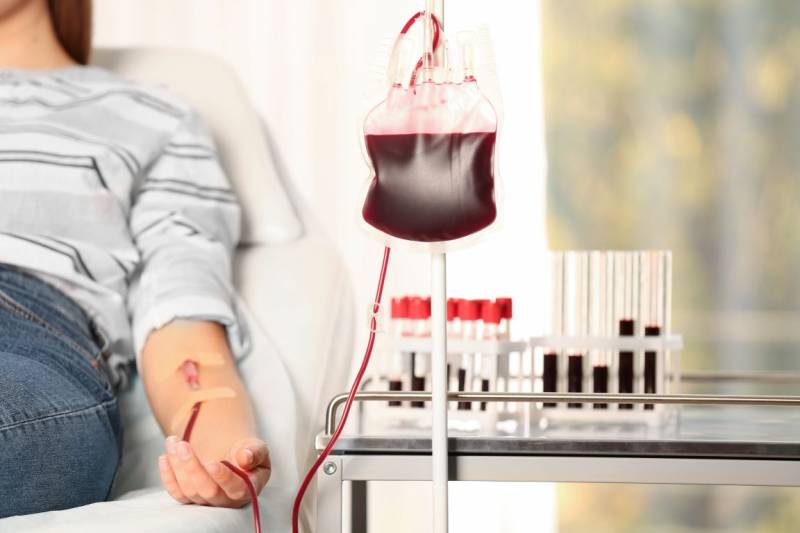- Region
- Águilas
- Alhama de Murcia
- Jumilla
- Lorca
- Los Alcázares
- Mazarrón
- San Javier
-
ALL AREAS & TOWNS
- AREAS
- SOUTH WEST
- MAR MENOR
- MURCIA CITY & CENTRAL
- NORTH & NORTH WEST
- TOWNS
- Abanilla
- Abarán
- Aguilas
- Alamillo
- Alcantarilla
- Aledo
- Alhama de Murcia
- Archena
- Balsicas
- Blanca
- Bolnuevo
- Bullas
- Cañadas del Romero
- Cabo de Palos
- Calasparra
- Camping Bolnuevo
- Campo De Ricote
- Camposol
- Canada De La Lena
- Caravaca de la Cruz
- Cartagena
- Cehegin
- Ceuti
- Cieza
- Condado de Alhama
- Corvera
- Costa Cálida
- Cuevas De Almanzora
- Cuevas de Reyllo
- El Carmoli
- El Mojon
- El Molino (Puerto Lumbreras)
- El Pareton / Cantareros
- El Raso
- El Valle Golf Resort
- Fortuna
- Fuente Alamo
- Hacienda del Alamo Golf Resort
- Hacienda Riquelme Golf Resort
- Isla Plana
- Islas Menores & Mar de Cristal
- Jumilla
- La Azohia
- La Charca
- La Manga Club
- La Manga del Mar Menor
- La Pinilla
- La Puebla
- La Torre
- La Torre Golf Resort
- La Unión
- Las Palas
- Las Ramblas
- Las Ramblas Golf
- Las Torres de Cotillas
- Leiva
- Librilla
- Lo Pagan
- Lo Santiago
- Lorca
- Lorquí
- Los Alcázares
- Los Balcones
- Los Belones
- Los Canovas
- Los Nietos
- Los Perez (Tallante)
- Los Urrutias
- Los Ventorrillos
- Mar De Cristal
- Mar Menor
- Mar Menor Golf Resort
- Mazarrón
- Mazarrón Country Club
- Molina de Segura
- Moratalla
- Mula
- Murcia City
- Murcia Property
- Pareton
- Peraleja Golf Resort
- Perin
- Pilar de la Horadada
- Pinar de Campoverde
- Pinoso
- Playa Honda
- Playa Honda / Playa Paraíso
- Pliego
- Portmán
- Pozo Estrecho
- Puerto de Mazarrón
- Puerto Lumbreras
- Puntas De Calnegre
- Region of Murcia
- Ricote
- Roda Golf Resort
- Roldan
- Roldan and Lo Ferro
- San Javier
- San Pedro del Pinatar
- Santiago de la Ribera
- Sierra Espuña
- Sucina
- Tallante
- Terrazas de la Torre Golf Resort
- Torre Pacheco
- Totana
- What's On Weekly Bulletin
- Yecla


- EDITIONS:
 Spanish News Today
Spanish News Today
 Alicante Today
Alicante Today
 Andalucia Today
Andalucia Today
article_detail
Become a blood donor in Spain: Who can give blood in Spain and how to
Find out how you can donate blood in Spain and if you’re eligible

Blood donation is a vital contribution to society, helping to save or improve the lives of those in need of transfusions due to medical conditions or emergencies. In Spain, blood donation is a voluntary and altruistic act, with donors not receiving any monetary compensation. However, not everyone is eligible to donate blood, and there are specific criteria and guidelines to follow.
Who can give blood in Spain?
To be eligible to donate blood in Spain, individuals must meet certain requirements:
- Donors must be in good health at the time of donation. This includes having a body weight of at least 50kg.
- While older individuals can donate blood, first-time donors must be under 60 years old according to Spanish rules.
- It’s important to note that you cannot give blood in Spain if you have lived in the UK for more than 12 months during the period 1980-1996 due to the presence of mad cow disease at that time.
- Men can donate blood up to four times in a 12-month period, while women can donate up to three times. There should be at least two months between each donation.
Where you can give blood in Spain
Most hospitals and the nursing station of many health centres will have the facilities to be able to take blood from you if you wish to donate. However, there may be certain days and times set aside for this purpose, so you should call ahead to find out and preferably book in a slot to give blood.
In addition, the Red Cross in Spain, Cruz Roja, have frequent blood drives in their blood donation buses, where you can turn up and give. Contact them to find out where and when the next blood drive will be.
What is giving blood in Spain like?
The blood donation process involves several steps:
- First, make sure you don’t turn up to give blood without having eaten beforehand. Having some food in your stomach is a good way to ensure your energy levels are high enough to be able to give blood.
- Before giving blood, donors are required to complete a questionnaire providing information about their health history and current state of health. They will also undergo a medical examination, including checks for blood pressure and haemoglobin levels.
- A medical professional conducts an interview to confirm the donor’s eligibility based on their health status and recent activities.
- If you pass all these steps and are deemed eligible, you can proceed with the blood donation process. The actual donation typically takes around 10 to 15 minutes and involves putting a needle in your arm to extract the blood. It may hurt a little bit when the needle goes in, but the pain is only temporary and very small.
Temporary ineligibility
There are some activities or conditions that may temporarily disqualify you from giving blood, though you can do so at a later time. Temporary reasons for ineligibility include:
- Recent surgery: Donors must wait one week after minor surgery and four months after major surgery.
- Recent illness: Donors must wait two weeks after recovering from a fever.
- Medical procedures: Waiting periods vary depending on the procedure, such as endoscopy or catheterisation (four months), acupuncture without disposable material (four months), or vaccinations (ranging from 24 hours to 28 days).
- Travel: Donors must wait at least 28 days, and up to six months depending on the destination.
- Pregnancy: Women cannot donate until six months after giving birth or having an abortion.
- High-risk activities: Donors must wait four months after engaging in risky activities or behaviours involving potential blood contact.
Permanent ineligibility
Certain medical conditions and situations permanently disqualify individuals from donating blood. These include:
- Hepatitis B, Hepatitis C, or HIV infection
- Insulin-dependent diabetes
- Epilepsy under treatment (up to three years without treatment)
- Serious illnesses
Giving blood is a noble act that can save lives and improve the health of those in need. If you meet the eligibility criteria and want to help out, consider giving blood for the good of your community!
Contact the Red Cross or your local health centre to begin.
You may also be interested in: Emergency telephone numbers and important contact details in Spain







